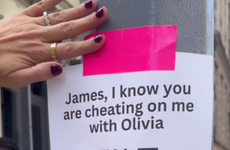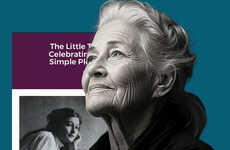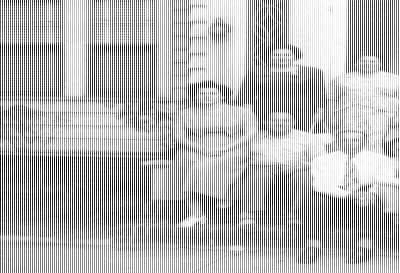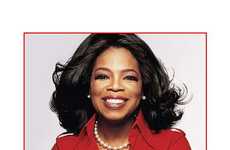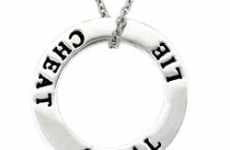
Herman Rosenblat's Holocaust Love Story Exposed as a Hoax
Marissa Brassfield — January 3, 2009 — Lifestyle
References: latimes
Holocaust survivor Herman Rosenblat has been telling the same beautiful love story for over 15 years. It's gotten him book deals, an appearance on Oprah Winfrey's talk show and inclusion in 'Chicken Soup for the Couples' Soul,' but Herman Rosenblat's viral love tale is nothing more than a work of fiction.
As the Los Angeles Times recounts the story, Herman Rosenblat was a teenager in a German concentration camp in 1945. A girl appears daily at the other side of the fence, throwing Rosenblat food silently. Twelve years later, the two are paired together in a blind date. As soon as they realize their intimate connection, Rosenblat proposes on the spot, and they've been married ever since.
Predictably, the truth came out, and Herman Rosenblat's beautiful tale of hope and love falls into the same fallen ranks as James Frey's "A Million Little Pieces."
As the Los Angeles Times recounts the story, Herman Rosenblat was a teenager in a German concentration camp in 1945. A girl appears daily at the other side of the fence, throwing Rosenblat food silently. Twelve years later, the two are paired together in a blind date. As soon as they realize their intimate connection, Rosenblat proposes on the spot, and they've been married ever since.
Predictably, the truth came out, and Herman Rosenblat's beautiful tale of hope and love falls into the same fallen ranks as James Frey's "A Million Little Pieces."
Trend Themes
1. Fake Memoirs - The trend of fake memoirs and autobiographies being exposed for the truth can disrupt the book industry's reliance on nonfiction stories.
2. Authenticity Verification - The trend towards verifying the authenticity of stories, especially in memoirs and autobiographies, presents an opportunity for technology companies offering verification solutions.
3. Cautionary Tales - The trend towards exposing fake stories in the media highlights the importance of accuracy and fact-checking, creating a disruptive opportunity for companies offering reliable sources and fact-checking services.
Industry Implications
1. Publishing - The publishing industry can focus on improving editing and fact-checking procedures to ensure authenticity and accuracy of nonfiction stories.
2. Technology - Technology companies can offer authenticity verification solutions to ensure that memoirs and autobiographies are accurate and authentic.
3. Media - Media companies can focus on the importance of verifying stories and fact-checking in journalism to maintain credibility and trust with their audiences.
2.6
Score
Popularity
Activity
Freshness




